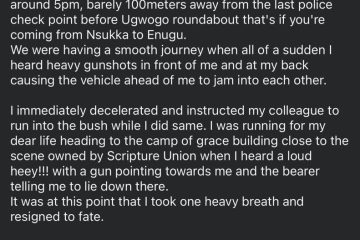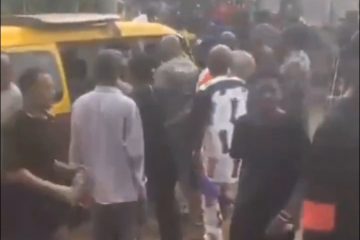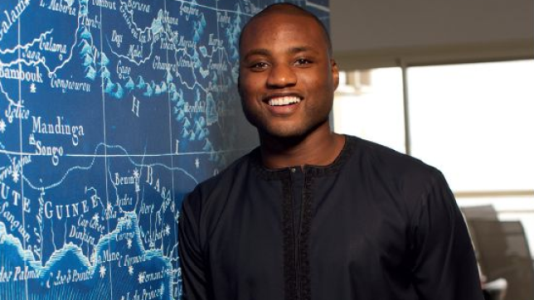U.S. Embassy enforces stricter rules for Nigerian visa applicants
The United States Embassy in Nigeria has announced new, stricter requirements for visa applicants in Abuja and Lagos, effective April 22, 2025, with a strong focus on DS-160 barcode consistency during the visa appointment process.
In a statement released Friday, the Embassy emphasized that all applicants must ensure the barcode number on their DS-160 form matches the one used to book their visa appointment. Failure to comply will result in denied access to the Consular Section and forfeiture of the scheduled interview.
“Applicants whose DS-160 barcode numbers do not match those used to book appointments will not be allowed into the Consular Section,” the statement read.
Key updates at a glance
Barcode must begin with “AA00”
Appointment location must match DS-160 form location
DS-160 forms from previous applications cannot be reused
Mismatch means denied interview and rebooking required
The Embassy advised applicants to double-check the DS-160 barcode at least two weeks before their appointment date. If an error is found, they are required to log into their AVITS account and submit a support ticket at least 10 days before the appointment to correct the issue.
Those who show up with mismatched information will be turned away and must reschedule a new appointment. In cases where the visa fee has expired, applicants will be required to pay a new fee before proceeding.
Purpose of the policy
The U.S. Embassy stated that the stricter enforcement is aimed at improving visa processing efficiency and eliminating errors that often cause delays or rejections during interview sessions.
“These measures are necessary to streamline processing and improve the overall visa application experience,” the Embassy noted.
Understanding the DS-160 form
The DS-160 form is a critical component of U.S. nonimmigrant visa applications. It must be completed and submitted online prior to scheduling a visa interview. It is valid for 30 days if unsubmitted, and once submitted, it remains valid throughout the visa process—though extended inactivity may require resubmission.
The form is used for various nonimmigrant visa types, including:
B1/B2 Visitor Visas – for tourism, business, or medical visits
F-1 and M-1 Visas – for academic and vocational students
J-1 Visas – for exchange programs
H-1B, L-1, O-1, and P Visas – for professionals, entertainers, and individuals with extraordinary abilities
K Visas – for spouses and fiancés of U.S. citizens
While the DS-160 form itself is free to complete, visa applicants must pay a processing fee, which varies depending on the visa type and is listed on the U.S. Department of State website.
Final advice to applicants
The U.S. Embassy strongly encouraged applicants to take this policy seriously and verify all documentation early enough to avoid being turned away.
“Compliance with this updated policy is essential to ensure smooth and timely visa processing,” the statement concluded.
This update adds to ongoing efforts by the U.S. Embassy to ensure a more orderly and efficient visa application process for Nigerian applicants.




